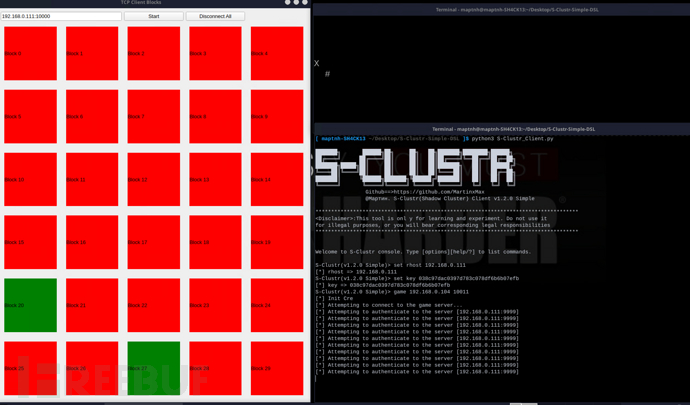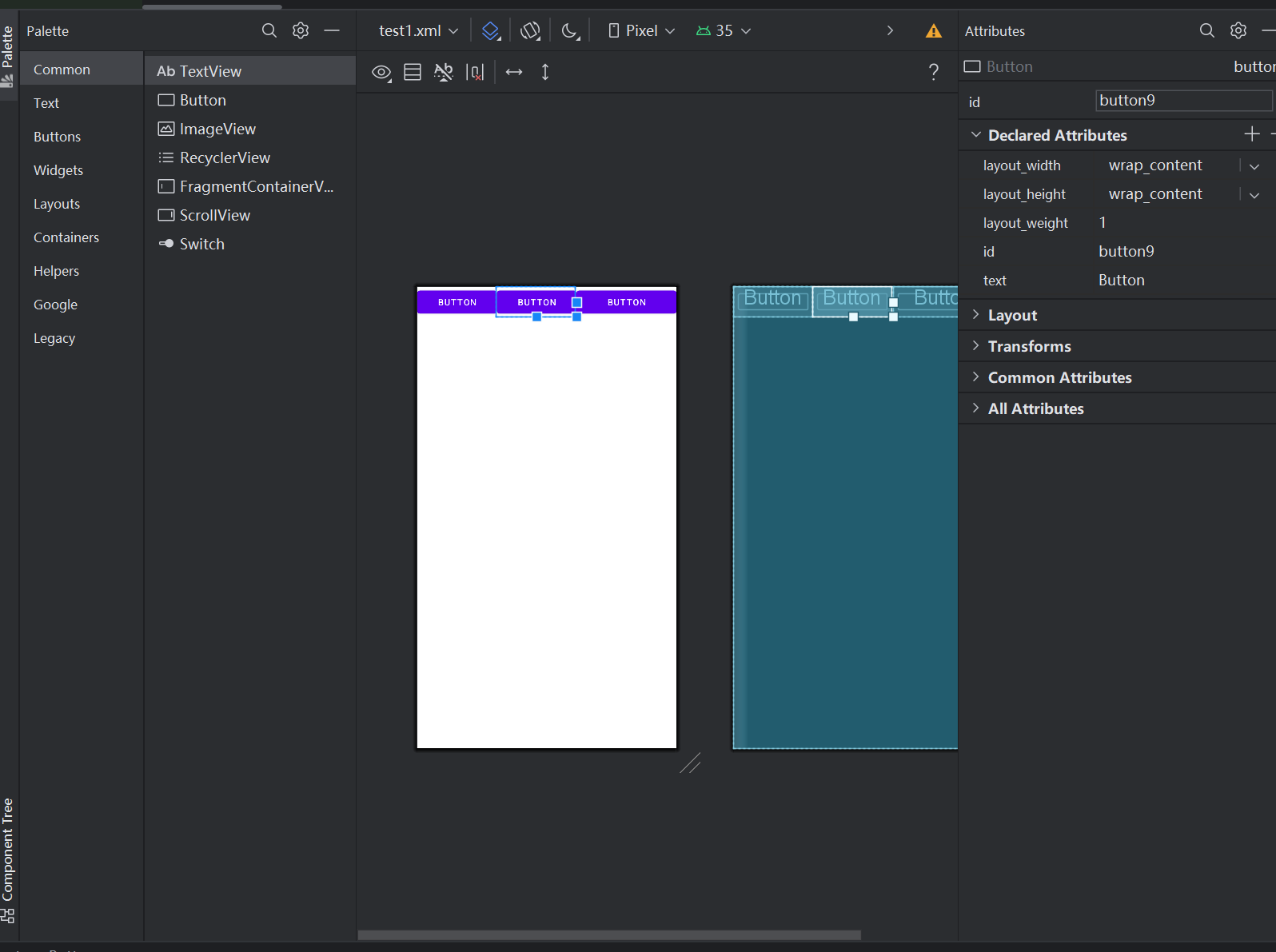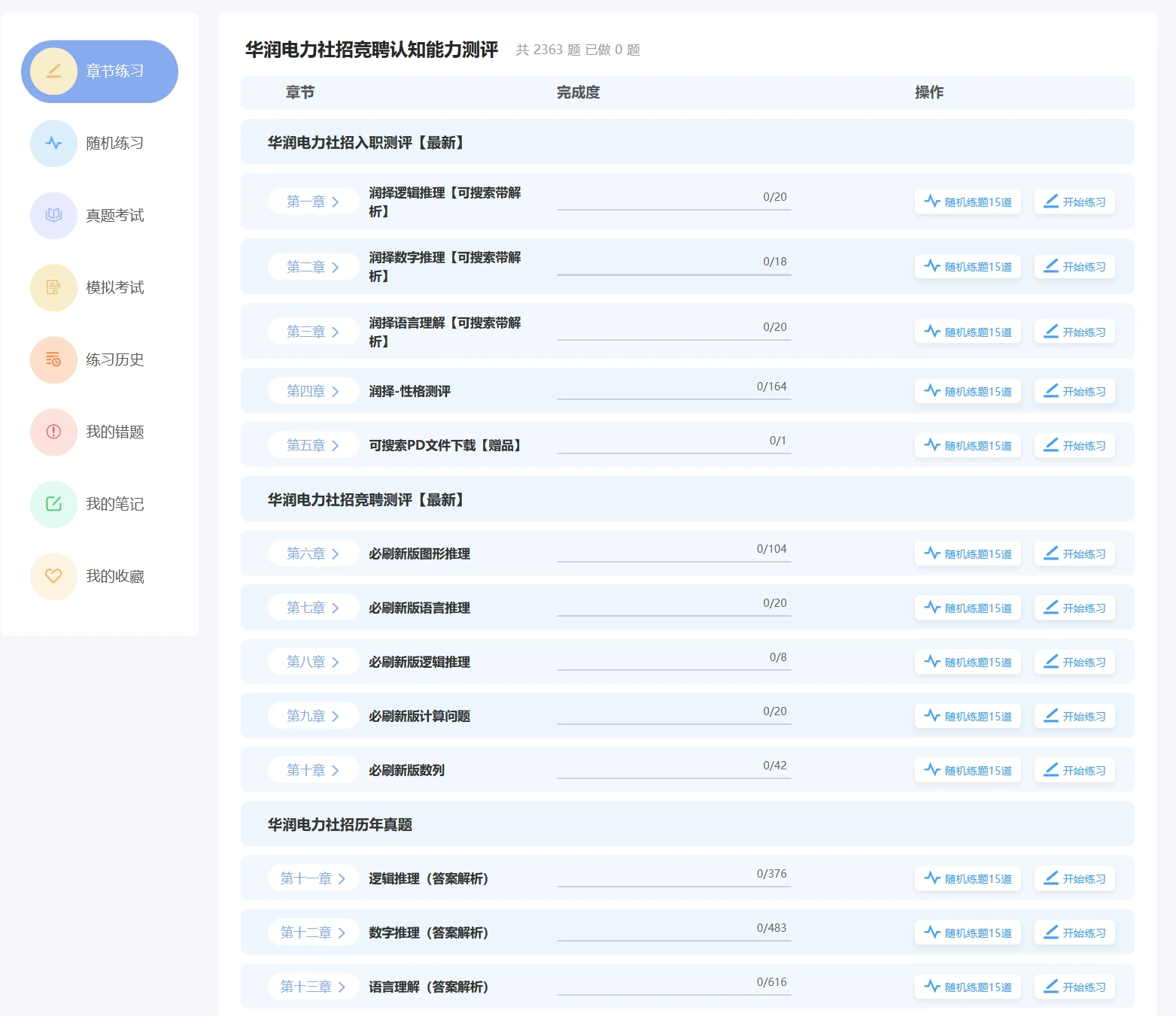背景:
看SystemUI的锁屏相关代码时候发现SystemUI有一个日志打印相关的方法调用,相比于常规的Log.i直接可以logcat查看方式还是比较新颖。
具体日志打印代码如下:

下面就来介绍一下这个ShadeLogger到底是如何打印的。
分析源码:
源码位置:
frameworks/base/packages/SystemUI/src/com/android/systemui/shade/ShadeLogger.kt
明显是一个kt类,这里就只拿一个logEndMotionEvent方法来进行源码分析
fun logEndMotionEvent(msg: String,forceCancel: Boolean,expand: Boolean,
)
{buffer.log(TAG,LogLevel.VERBOSE,{str1 = msgbool1 = forceCancelbool2 = expand},{ "$str1; force=$bool1; expand=$bool2" })
}
可以看到这里看到实际是调用的buffer.log方法,也有对应TAG和LogLevel等级。
那么下面来看看这个buffer.log中的buffer哪里来的,但是因为这构造都是采用了很多注解drag2方式,所以不方便找,这里找到了一个NotificationPanelViewControllerBaseTest一个测试类有手动进行构造,这里也可以看出相关过程
frameworks/base/packages/SystemUI/tests/src/com/android/systemui/shade/NotificationPanelViewControllerBaseTest.java
具体过程如下:

再看看mShadeLog构造
 再看看logcatLogBuffer方法
再看看logcatLogBuffer方法
 这里调用到了LogBuffer类,注意这里test类给的是50,实际的Shader类给的是500
这里调用到了LogBuffer类,注意这里test类给的是50,实际的Shader类给的是500
frameworks/base/packages/SystemUI/log/src/com/android/systemui/log/LogBuffer.kt
看看log方法:
inline fun log(tag: String,level: LogLevel,messageInitializer: MessageInitializer,noinline messagePrinter: MessagePrinter,exception: Throwable? = null,
) {val message = obtain(tag, level, messagePrinter, exception)messageInitializer(message)commit(message)
}
看看obtain方法:
@Synchronizedoverride fun obtain(tag: String,level: LogLevel,messagePrinter: MessagePrinter,exception: Throwable?,): LogMessage {if (!mutable) {return FROZEN_MESSAGE}val message = buffer.advance()//可以看到这里是buffer中获取,message.reset(tag, level, System.currentTimeMillis(), messagePrinter, exception)return message}这里其实只是看出来了buffer中搞出了一个message,根据传递来的tag和msg
接下来重点看看commit方法
override fun commit(message: LogMessage) {if (echoMessageQueue != null && echoMessageQueue.remainingCapacity() > 0) {try {echoMessageQueue.put(message)//主要就是放入队列} catch (e: InterruptedException) {// the background thread has been shut down, so just log on this oneechoToDesiredEndpoints(message)}} else {echoToDesiredEndpoints(message)}
}
commit主要就是实现对message放入到echoMessageQueue,那么什么时候取这个队列呢?
这里要看最开始的init方法中有启动一个线程
init {if (logcatEchoTracker.logInBackgroundThread && echoMessageQueue != null) {thread(start = true, name = "LogBuffer-$name", priority = Thread.NORM_PRIORITY) {try {while (true) {//死循环的取出队列echoToDesiredEndpoints(echoMessageQueue.take())//调用echoToDesiredEndpoints来处理消息}} catch (e: InterruptedException) {Thread.currentThread().interrupt()}}}
}
具体echoToDesiredEndpoints方法如下:
private fun echoToDesiredEndpoints(message: LogMessage) {//获取log打印level,即其实可以通过命令来控制打印level,这里的level本质是来自settings,具体啥settings值下面操作时候会讲解val includeInLogcat =logcatEchoTracker.isBufferLoggable(name, message.level) ||logcatEchoTracker.isTagLoggable(message.tag, message.level)echo(message, toLogcat = includeInLogcat, toSystrace = systrace)//有了上面level后,echo开始处理}private fun echo(message: LogMessage, toLogcat: Boolean, toSystrace: Boolean) {if (toLogcat || toSystrace) {val strMessage = message.messagePrinter(message)if (toSystrace) {echoToSystrace(message, strMessage)//可以看这个日志还支持systrace相关}if (toLogcat) {echoToLogcat(message, strMessage)//这里就是最普通的logcat打印出来}}}
//具体的echoToLogcat其实就是根据传递进来的等级进行普通log打印private fun echoToLogcat(message: LogMessage, strMessage: String) {when (message.level) {LogLevel.VERBOSE -> Log.v(message.tag, strMessage, message.exception)LogLevel.DEBUG -> Log.d(message.tag, strMessage, message.exception)LogLevel.INFO -> Log.i(message.tag, strMessage, message.exception)LogLevel.WARNING -> Log.w(message.tag, strMessage, message.exception)LogLevel.ERROR -> Log.e(message.tag, strMessage, message.exception)LogLevel.WTF -> Log.wtf(message.tag, strMessage, message.exception)}}
到此LogBuffer源码也就大概分析完成,可以得出以下几个结论:
1、所有的埋点日志会保存到buffer中,这个buffer只是在内存中的一个环形buffer,有固定大小
2、buffer中的日志是可以 实现输出到logcat和systrace的功能
那么具体如何控制输出到logcat,还有如何看buffer中的日志呢?接下来看看使用方法
使用方式:
在类的最开始部分有如下的使用注释:
/*** A simple ring buffer of recyclable log messages** The goal of this class is to enable logging that is both extremely chatty and extremely* lightweight. If done properly, logging a message will not result in any heap allocations or* string generation. Messages are only converted to strings if the log is actually dumped (usually* as the result of taking a bug report).** You can dump the entire buffer at any time by running:* ```* $ adb shell dumpsys activity service com.android.systemui/.SystemUIService <bufferName>* ```** ...where `bufferName` is the (case-sensitive) [name] passed to the constructor.** By default, only messages of WARN level or higher are echoed to logcat, but this can be adjusted* locally (usually for debugging purposes).** To enable logcat echoing for an entire buffer:* ```* $ adb shell settings put global systemui/buffer/<bufferName> <level>* ```** To enable logcat echoing for a specific tag:* ```* $ adb shell settings put global systemui/tag/<tag> <level>* ```** In either case, `level` can be any of `verbose`, `debug`, `info`, `warn`, `error`, `assert`, or* the first letter of any of the previous.** In SystemUI, buffers are provided by LogModule. Instances should be created using a SysUI* LogBufferFactory.** @param name The name of this buffer, printed when the buffer is dumped and in some other* situations.* @param maxSize The maximum number of messages to keep in memory at any one time. Buffers start* out empty and grow up to [maxSize] as new messages are logged. Once the buffer's size reaches* the maximum, it behaves like a ring buffer.*/
其实上面已经写的很详细了,主要就是2个核心点,一个可以通过dumpsys看所有日志,一个是可以控制logcat输出
控制dumpsys查看方法
adb shell dumpsys activity service com.android.systemui/.SystemUIService <bufferName>
比如这里的对ShadeLog
adb shell dumpsys activity service com.android.systemui/.SystemUIService ShadeLog
dumpsys后可以查看到相关的Log:

看到这个dump日志就感觉非常详细的记录了Shade锁屏相关的操作,相关的tag等也是在ShadeLogger.kt定义的

如果想要普通logcat输出呢?
adb shell settings put global systemui/tag/ShadeLog v
这里其实就是配置一个settings,然后上面的提到的echoToDesiredEndpoints的 logcatEchoTracker.isBufferLoggable就会去查询这个settings值。

总结图

更多framework详细代码和资料参考如下链接
投屏专题部分:
https://mp.weixin.qq.com/s/IGm6VHMiAOPejC_H3N_SNg
hal+perfetto+surfaceflinger
https://mp.weixin.qq.com/s/LbVLnu1udqExHVKxd74ILg
其他课程七件套专题:
点击这里
https://mp.weixin.qq.com/s/Qv8zjgQ0CkalKmvi8tMGaw
视频试看:
https://www.bilibili.com/video/BV1wc41117L4/
参考相关链接:
https://blog.csdn.net/zhimokf/article/details/137958615
更多framework假威风耗:androidframework007

















